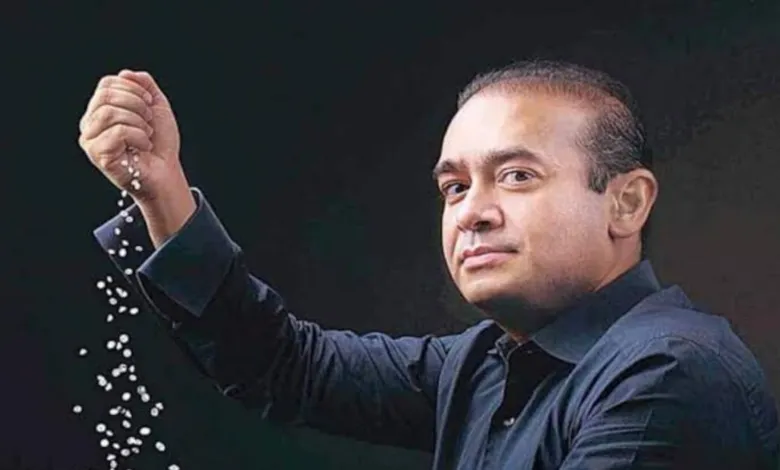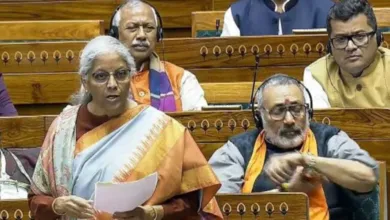
Fugitive diamond merchant Nirav Modi has challenged Bank of India’s (BOI) claim that he acted as a guarantor for a $9 million overdraft facility extended to his Firestar Diamond Group between 2012 and 2017. Appearing before Deputy High Court Judge David Bailey in London on Friday, Modi questioned the validity of his signatures on the loan documents and requested the court’s permission to inspect them. He also sought a stay on the legal proceedings.
Background of the Case
The Bank of India had filed a case in London in May 2018 to recover $9 million loaned to Firestar Diamond Group. According to the bank, Modi, as the CEO of Firestar Diamond, had personally guaranteed the loan. In March 2024, the bank secured a summary judgment against Firestar Diamond and is now pursuing Modi for repayment as the guarantor.
This case is part of a larger scandal involving Nirav Modi, who is accused of defrauding several Indian banks of $1.8 billion. The Punjab National Bank (PNB) suffered the biggest losses, with Modi allegedly using fraudulent letters of undertaking to secure overseas loans without collateral.
Arguments in Court
During the hearing, Judge Bailey asked Nirav Modi about the disputed signatures. Modi responded that he did not recall signing the documents and suggested the need for a handwriting expert to verify their authenticity.
The bank’s lawyer, Tom Beasley, dismissed this as a delay tactic, pointing out that Modi had previously admitted in 2019 that Firestar Diamond had borrowed money and that he had acted as the guarantor. Beasley argued that Modi’s current position was inconsistent with his earlier statements and that the case had already been delayed for several years.
The court reserved judgment on Modi’s application to inspect the documents and pause the proceedings.
Modi’s Defense
Modi expressed frustration over his prolonged incarceration since his arrest in March 2019. “I have been imprisoned for six years as the longest-serving unconvicted prisoner in the UK,” he said, adding that bail would allow him to defend himself more effectively.
He also highlighted the challenges of preparing his case without access to a laptop, claiming it created an unfair advantage for the bank’s legal team. “If I do not have access to a laptop, he [Beasley] also should not have access to one. He has tanks and missiles, and I have wooden sticks,” Modi said.
Judge Bailey expressed sympathy but clarified that he could not authorize the provision of a laptop to Modi.
Modi’s Extradition Battle
Nirav Modi has been fighting extradition to India since his arrest in 2019. UK courts approved his extradition in 2020, but he has used confidential legal proceedings to delay his return. During the hearing, Modi confidently stated, “I might never be extradited to India.”
He argued that the Indian government’s delay in executing the extradition order weakened the likelihood of his deportation. “Extradition was ordered in 2020, and by rule, the [Indian] government had 7 to 14 days to extradite me, but here I am in 2024,” he said. Modi also suggested that his prolonged incarceration would reduce his potential jail term in India if convicted.
Bank of India’s Position
Bank of India’s solicitor, Milan Kapadia, argued that the bank remains committed to holding Modi accountable. The bank suspects that Modi still has access to significant assets and financial resources, making it necessary to continue pursuing the case.
This claim against Modi is part of broader legal proceedings. Earlier this year, BOI secured a summary judgment against Firestar Diamond’s Dubai entity, further strengthening its case against Modi.
Conclusion
The court is now deliberating on Modi’s request to inspect documents and stay the proceedings. As the legal battle continues, Nirav Modi remains in custody, fighting multiple charges of fraud in India and the United States. This case is part of one of the largest financial scandals in India’s history, with the alleged $1.8 billion fraud continuing to have far-reaching consequences for Indian banks and international creditors.

